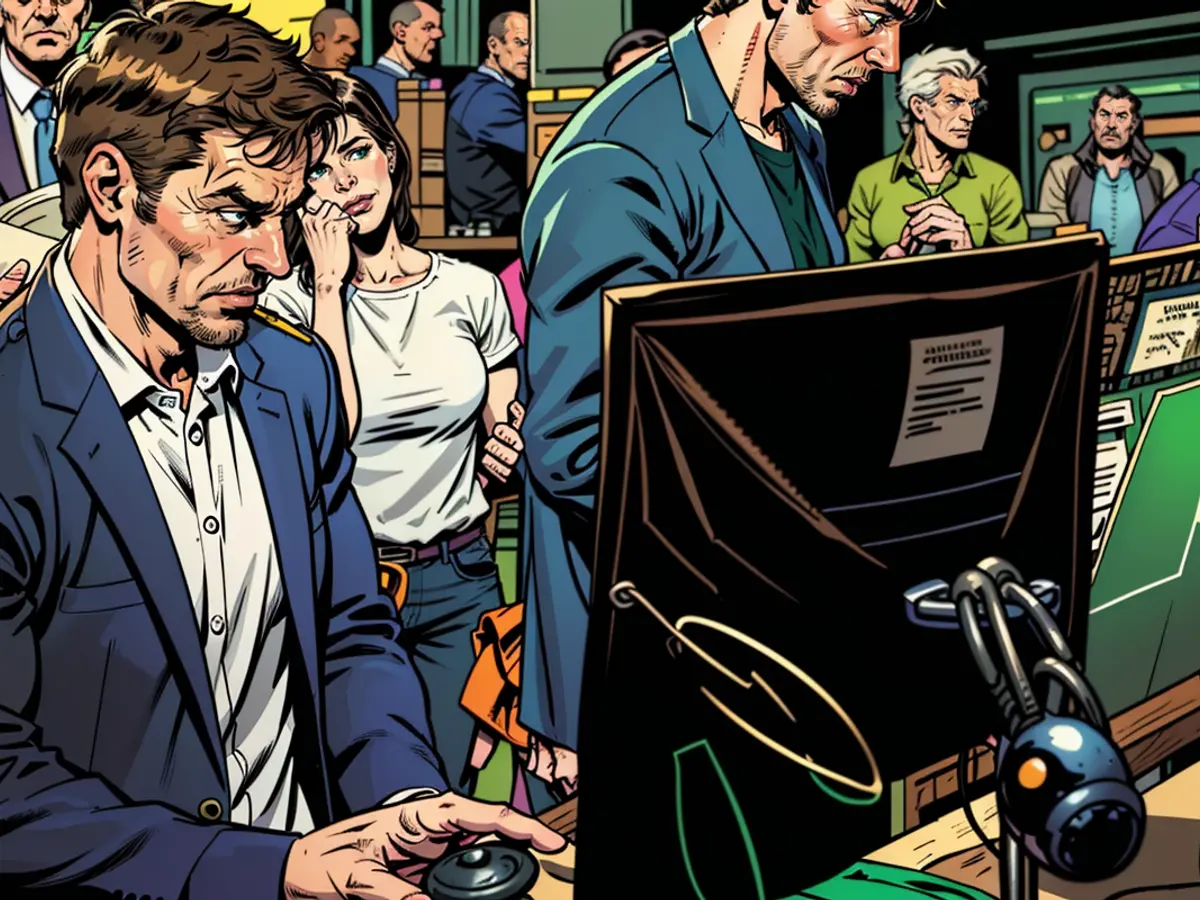- Critique of game promotion reform: Federal states voice concerns
The proposed change in funding for computer game developments is encountering resistance from the federal states. State Secretary Michael Kellner (Greens) from the Federal Ministry of Economics unveiled a funding strategy at the Cologne Gamescom, suggesting that the federal government will cease backing small projects and instead leave this responsibility to the states. Moreover, a game development company would no longer receive backing from both the federal government and a federal state, thus preventing overlapping funds.
NRW Minister of Culture Nathanael Liminski (CDU) voiced this as a "serious concern" due to the possibility of lesser state assistance for businesses afterward. Berlin's Senator for Economics Franziska Giffey (SPD) countered, stating, "We shouldn't restrict the potential for the federal government and the states to collaborate." Similarly, Digital Minister Fabian Mehring (Free Voters) joined the criticism.
However, federal politician Kellner defended this move, citing the federal auditor's critique of the previous double funding. "This is an absurdly complicated bureaucratic endeavor," he said.
As per the Federal Ministry of Economics' plan, game developments can only be financed by the federal government once the project surpasses a volume of 300,000 euros. The rest should be handled by the federal states. "This is a sharing of responsibilities between the federal government and the states, which I hope will strengthen the game industry overall," Kellner stated.
He urged the states to contribute more funds. "As the federal government, we can't claim to do everything – we also need the states if we want to remain a significant game industry player," Kellner said. However, federal state representatives are more cautious about this plea.
Kellner: Ultimately, we generate higher tax revenues
The proposed tax incentives for game companies by the Federal Ministry of Economics have been generally endorsed by the federal states, with their approval necessary for the reform. Yet, they demand a "fair offer" from the federal government, as proposed by NRW representative Liminski. The "Tax Credit System" allows game companies to claim certain expenses for tax purposes, initially reducing state tax revenues.
"We cannot say that we [as the federal government] compensate for the tax losses of the federal states – it's a fifty-fifty situation," Kellner admitted, pointing out that more businesses may relocate or expand due to the tax reliefs, generating better profits. "I am convinced that with this model, Germany benefits and in the end, we generate more tax revenues."
The industry association Game welcomes the tax plans from the federal ministry but criticizes the guideline outlining funding rules and is still awaiting EU Commission approval.
"The new funding guideline poses a risk to deteriorating conditions for game companies in Germany," said CEO Felix Falk. "With this, we won't be able to compete internationally." According to the association, game developments in Germany cost around a third more than in other countries like France and Canada.
The federal government is supporting the German game industry with 50 million euros this year and plans to maintain this level of funding next year. "It's an impressive achievement that we can maintain funding at this level despite budgetary pressures," said federal politician Kellner. Overall, the states contribute less. For example, North Rhine-Westphalia contributes around 5 million euros annually, while Baden-Württemberg contributes 1.2 million euros.
The game industry is a billion-dollar enterprise, with German citizens spending almost ten billion euros on computer and video games, as well as related hardware and online services last year. However, the majority of this spending went towards foreign products. The share of games developed in Germany is estimated to be only five percent. The goal of the state funding is to increase this tiny share over time.
After expressing concerns about potential reduced state assistance for businesses, NRW Minister of Culture Nathanael Liminski highlighted North Rhine-Westphalia's annual contribution of approximately 5 million euros towards game development. Despite the federal government's support of 50 million euros this year and plans to maintain this level of funding next year, the share of games developed in Germany remains low at only five percent, indicating a need for increased collaboration between the federal government and federal states like North Rhine-Westphalia.








